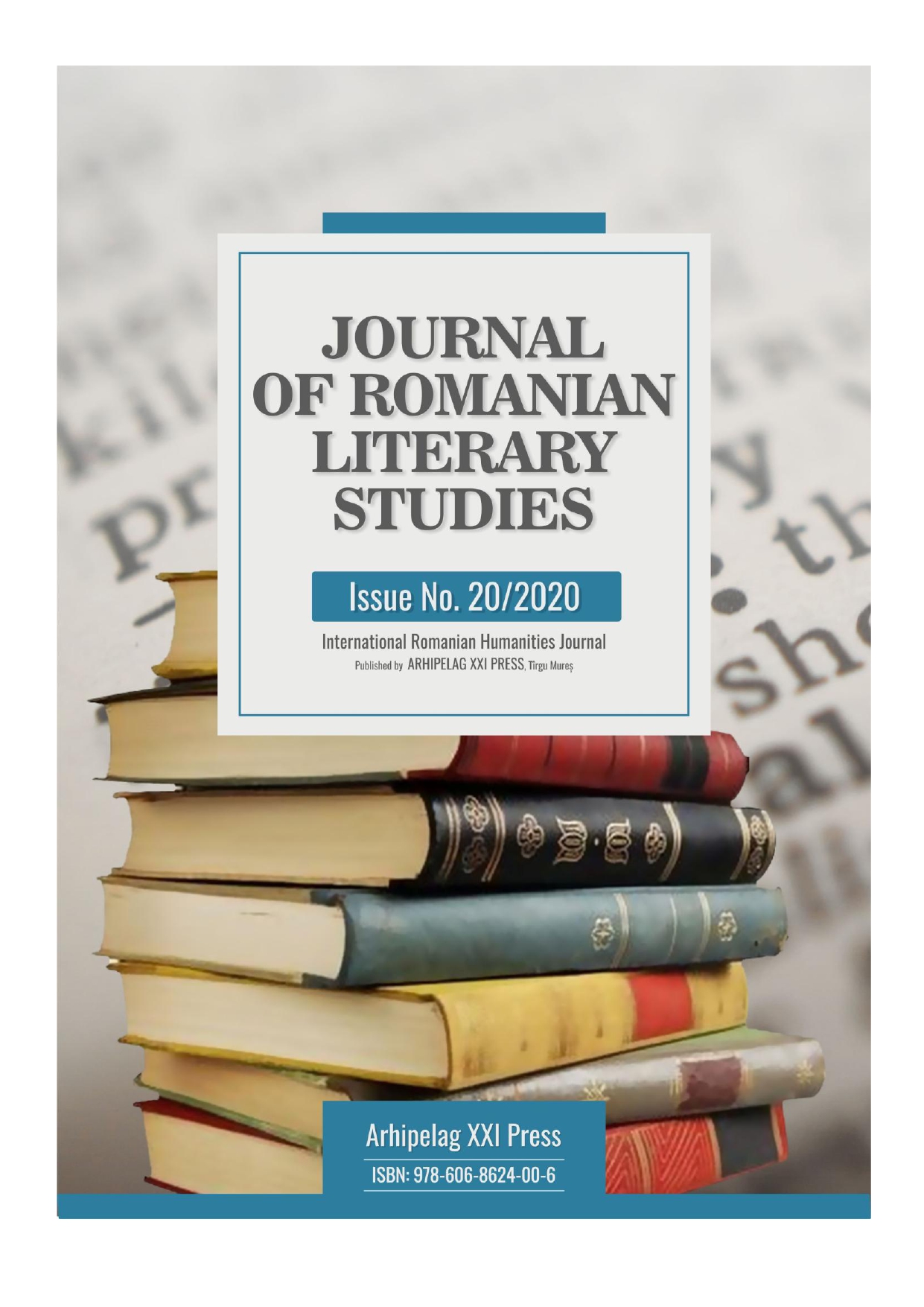THE LITERARY BASES OF KNOWLEDGE, EXPERIENCE…, THOUGHT AND LANGUAGE
THE LITERARY BASES OF KNOWLEDGE, EXPERIENCE…, THOUGHT AND LANGUAGE
Author(s): Dragoş AvădaneiSubject(s): Literary Texts, Studies of Literature, Philology, Theory of Literature
Published by: Editura Arhipelag XXI
Keywords: language; literature; knowledge; experience; cognitivism;
Summary/Abstract: If we add thought and language to Snow’s knowledge and experience, we get the full range of the significant dimensions of human existence. For a variety of reasons, language is a good starting point, and in this case a fruitful one, too. Whorf (after Sapir and Dewey) proposes the theory that language shapes or determines thought, and thought is best expressed in “literature”(everything that gets written down). For C. P. Snow, a decade after his “Two Cultures” famous lecture, the knowledge offered by science (Newton) is limited, temporary, partial, replaceable, while experience (Shakespeare) results in general, universally human knowledge. One century before, De Quincey wrote about “the literature of knowledge and the literature of power.” So: how important is literature (art) for STEM-s—a question that is answered by invoking and quoting various authors from the non-humanities; and—if language is so important in shaping thought, where does language come from? From cognitivists (Turner first of all) and others, the answer is “story” (i.e. literature); and the conclusion appears as surprisingly obvious: literature is fundamental for thought and language, for knowledge and experience, for all intellectual pursuits.
Journal: Journal of Romanian Literary Studies
- Issue Year: 2020
- Issue No: 20
- Page Range: 220-229
- Page Count: 10
- Language: English

